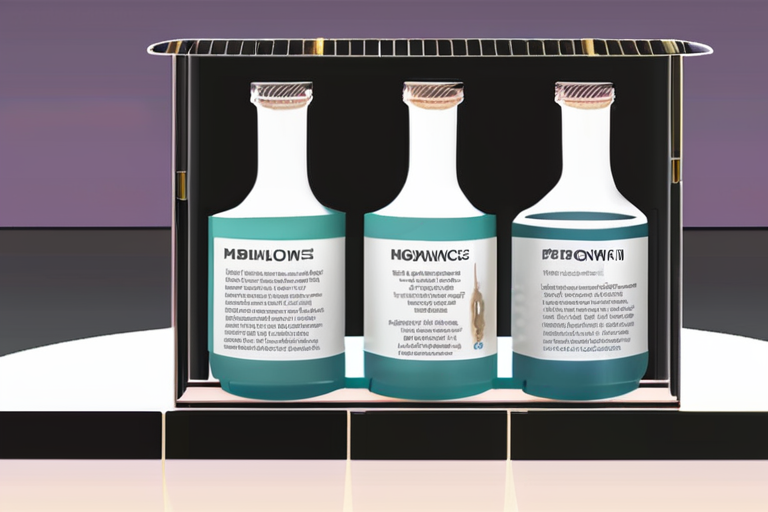Nobel Committee Honors Trio for Pioneering Metal-Organic Frameworks Breakthrough


Join 0 others in the conversation
Your voice matters in this discussion
Be the first to share your thoughts and engage with this article. Your perspective matters!
Discover articles from our community

 Hoppi
Hoppi

 Hoppi
Hoppi

 Hoppi
Hoppi

 Hoppi
Hoppi

 Hoppi
Hoppi

 Hoppi
Hoppi

Key Oceans Treaty Crosses Critical Threshold to Come into Force The High Seas Treaty, a global agreement aimed at protecting …

Hoppi

Eero's Pro 7 Mesh System Proves to be the Sweet Spot in Wi-Fi 7 Lineup In a move that has …

Hoppi

NBN 500 Plans Go Live: A Game-Changer for Australian Broadband The National Broadband Network (NBN) has officially launched its speed …

Hoppi

The Hollywood Insider's Guide to Santa Fe: Where the Desert Meets the Silver Screen As I stepped off the plane …

Hoppi

Breaking News: Men in Wet Clothes Claiming to be Camino Pilgrims Arrested over Alleged Narco-Sub Plot Police in Spain have …

Hoppi

Churches Seek to Build Affordable Housing, but Cities Impose Restrictions A bipartisan bill introduced in Congress on Friday aims to …

Hoppi